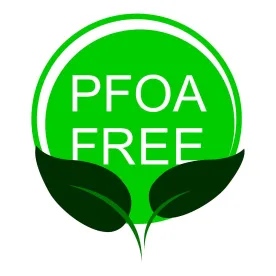Following up on the short-term extension that it issued in September, EPA has issued a notice of proposed rulemaking that will further extend the compliance deadline for the processing and distribution in commerce of certain PIP (3:1)-containing articles and the PIP (3:1) that is used to make those articles. The proposed rule, which EPA issued on October 21, 2021, invites stakeholder comments on the proposed compliance deadline extension.
The proposed extension would apply to a wide range of PIP (3:1)-containing articles, including personal and industrial electronics and electrical equipment, as well as articles used in plastics material and resin manufacturing; air-conditioning and warm air heating equipment and commercial and industrial refrigeration equipment manufacturing; major household appliance manufacturing; motor and generator manufacturing; wire manufacturing; motor vehicle and parts; and transportation equipment manufacturing. Comments are invited from these industries on whether an alternative compliance date should be issued, as well as on the specific uses of PIP (3:1) in articles in supply chains, steps taken – and the time needed – to identify, test, and qualify appropriate substitutes, and on the need for replacement parts.
This proposal would also extend the compliance date for the recordkeeping requirements for manufacturers, processors, and distributors of PIP (3:1)-containing articles to October 31, 2024.
EPA also announced that it plans to propose, in 2023, a new rulemaking that in effect could re-examine all of the control measures adopted in the 2021 final rules, including compliance deadlines. The new rulemaking would apply to PIP (3:1) and four other persistent, bioaccumulative, and toxic (PBT) chemicals - 2,4,6- tris(tert-butyl)phenol (2,4,6-TTBP), decabromodiphenyl ether (decaBDE), pentachlorothiophenol (PCTP), and hexachlorobutadiene (HCBD) – that are regulated under TSCA section 6(h).
Comments on the proposed PIP (3:1) rulemaking are due 60 days from publication of the proposed rulemaking in the Federal Register.






 />i
/>i

